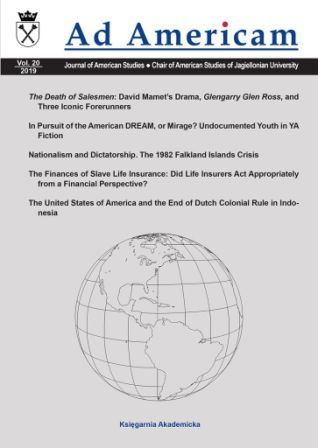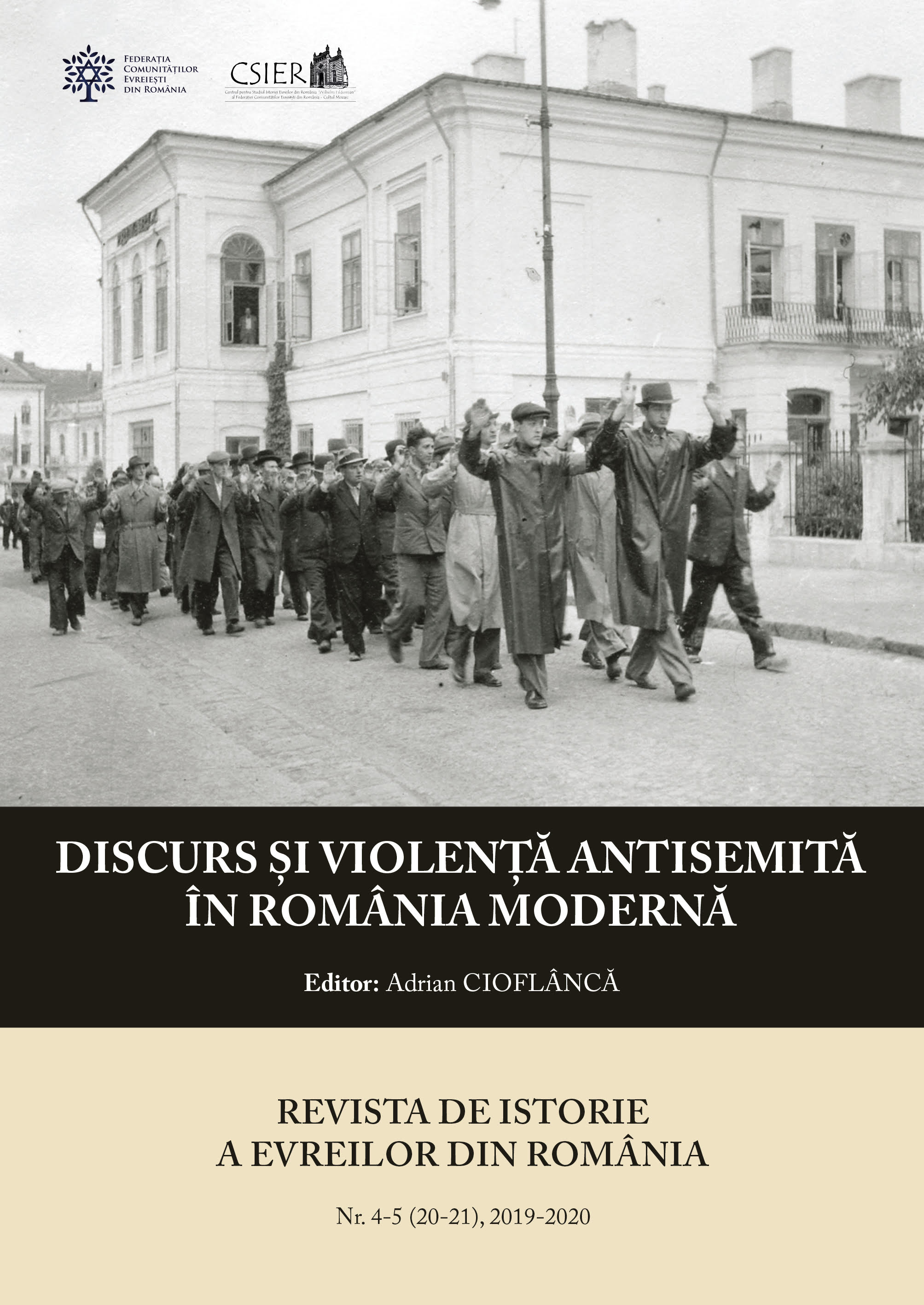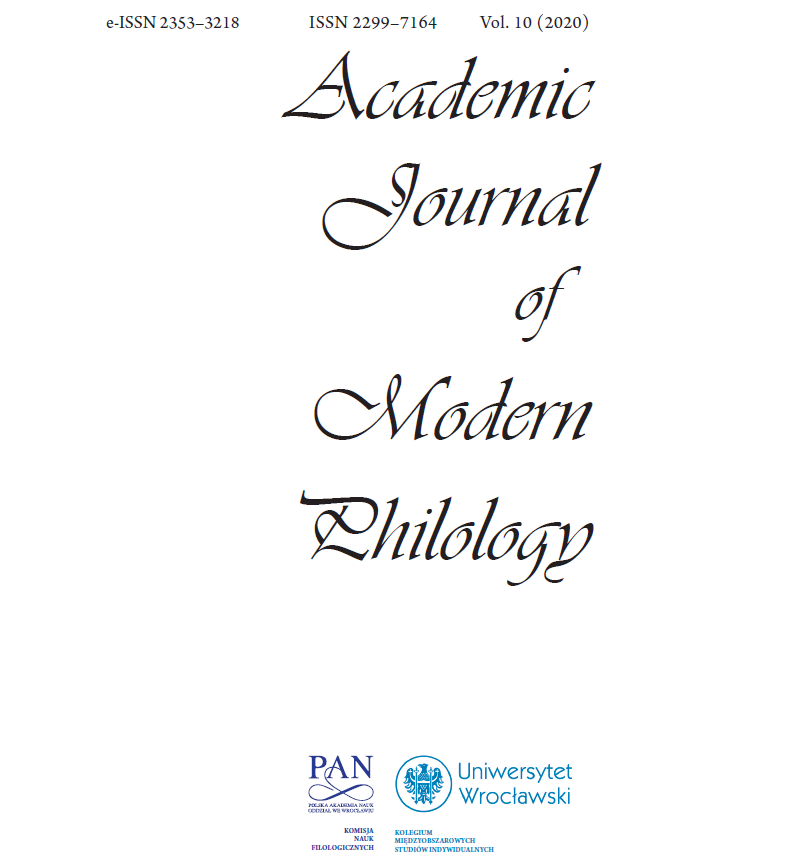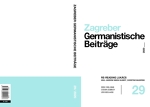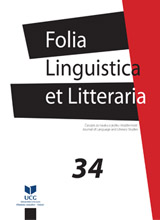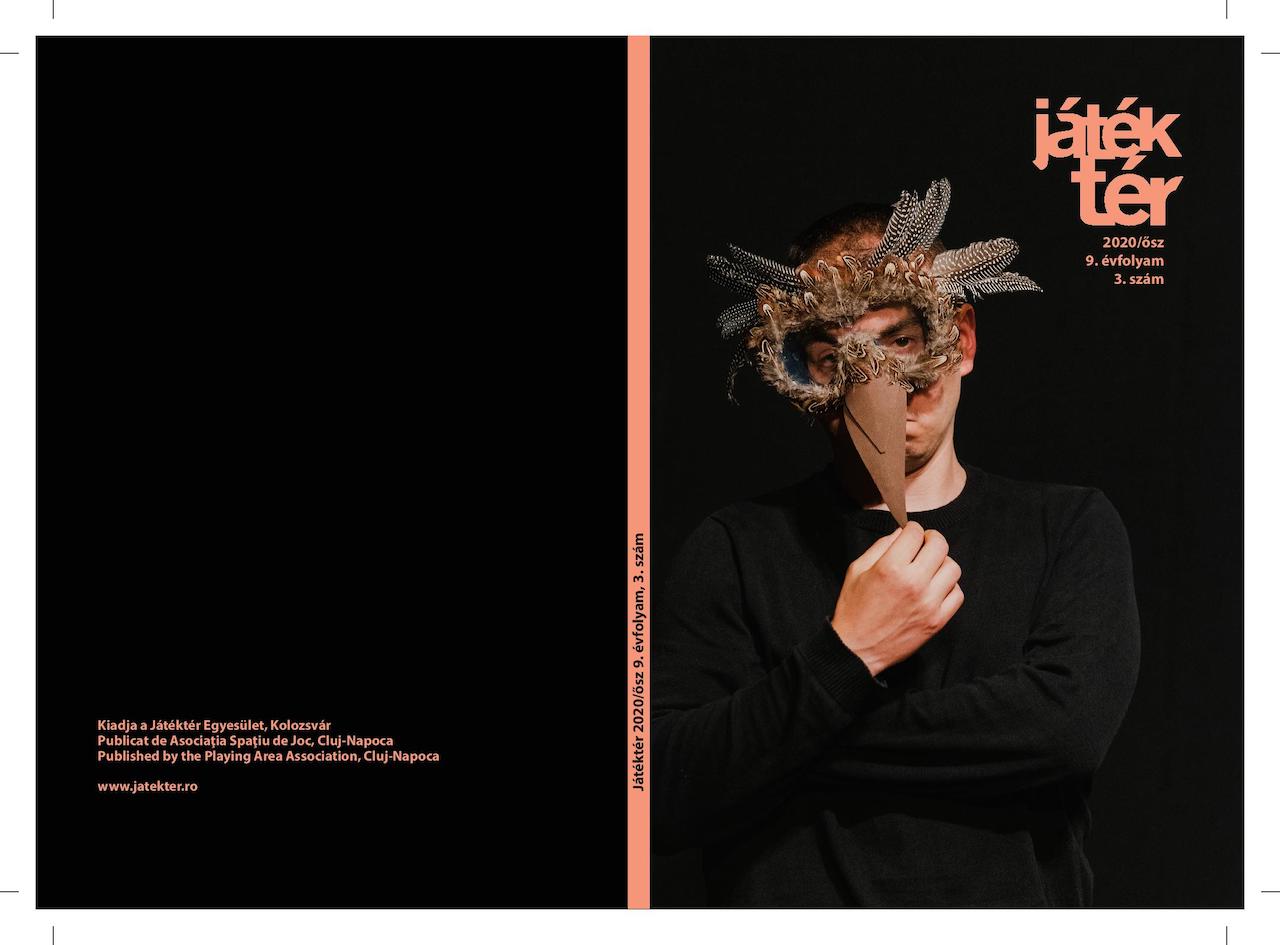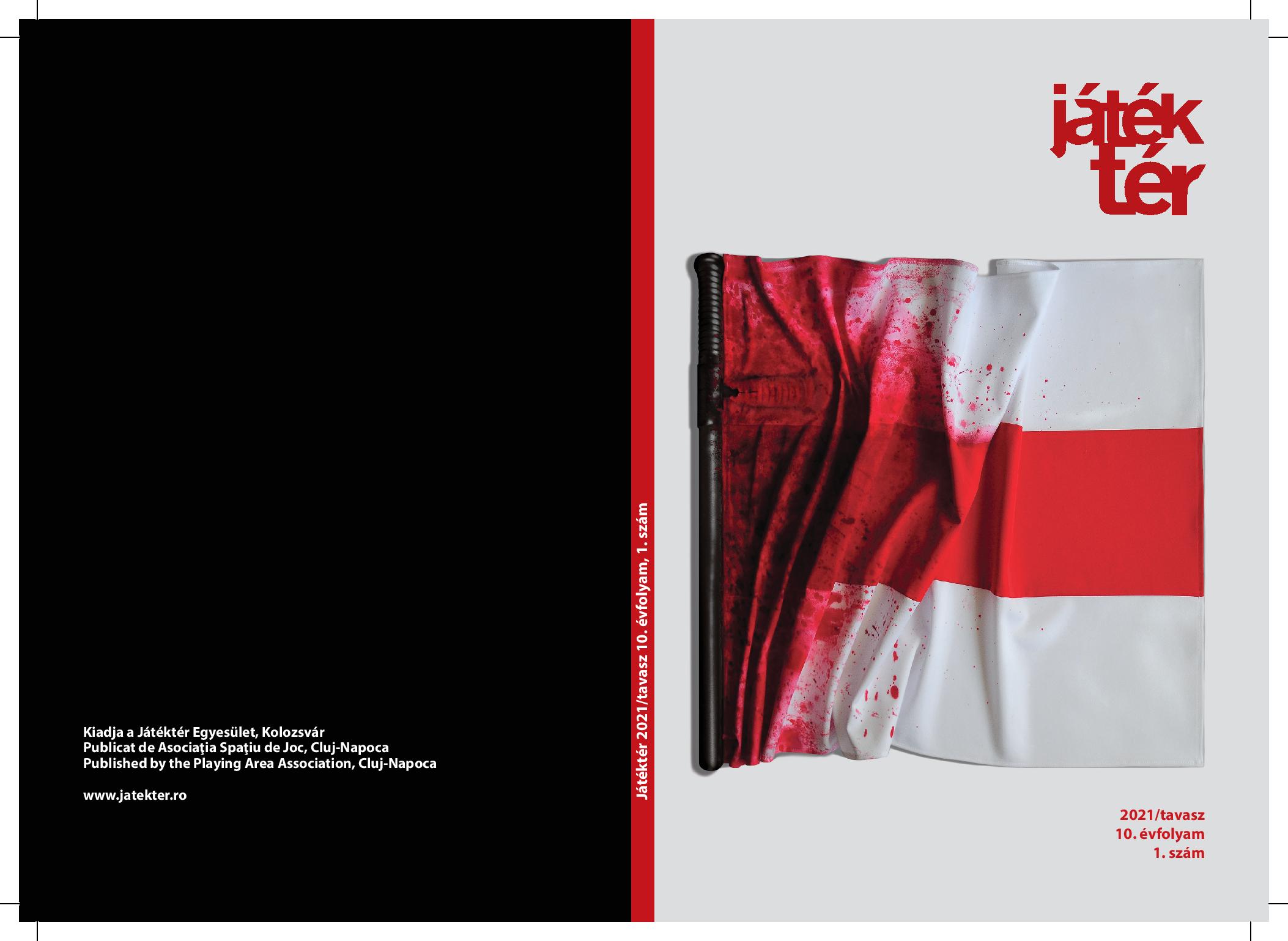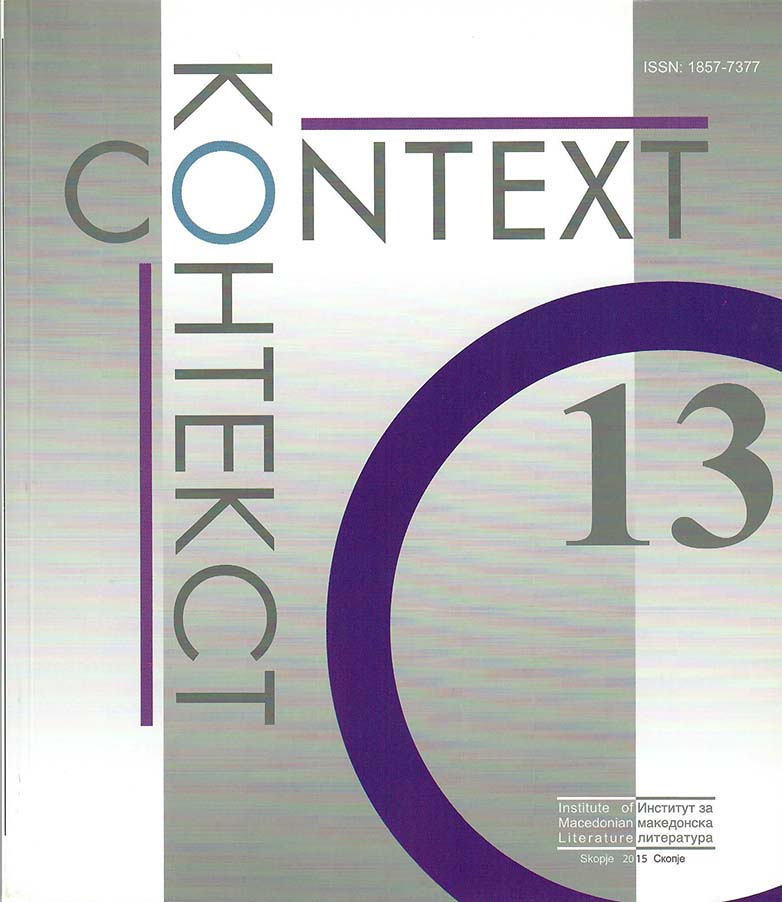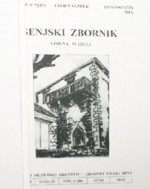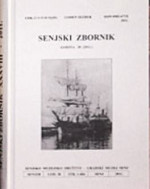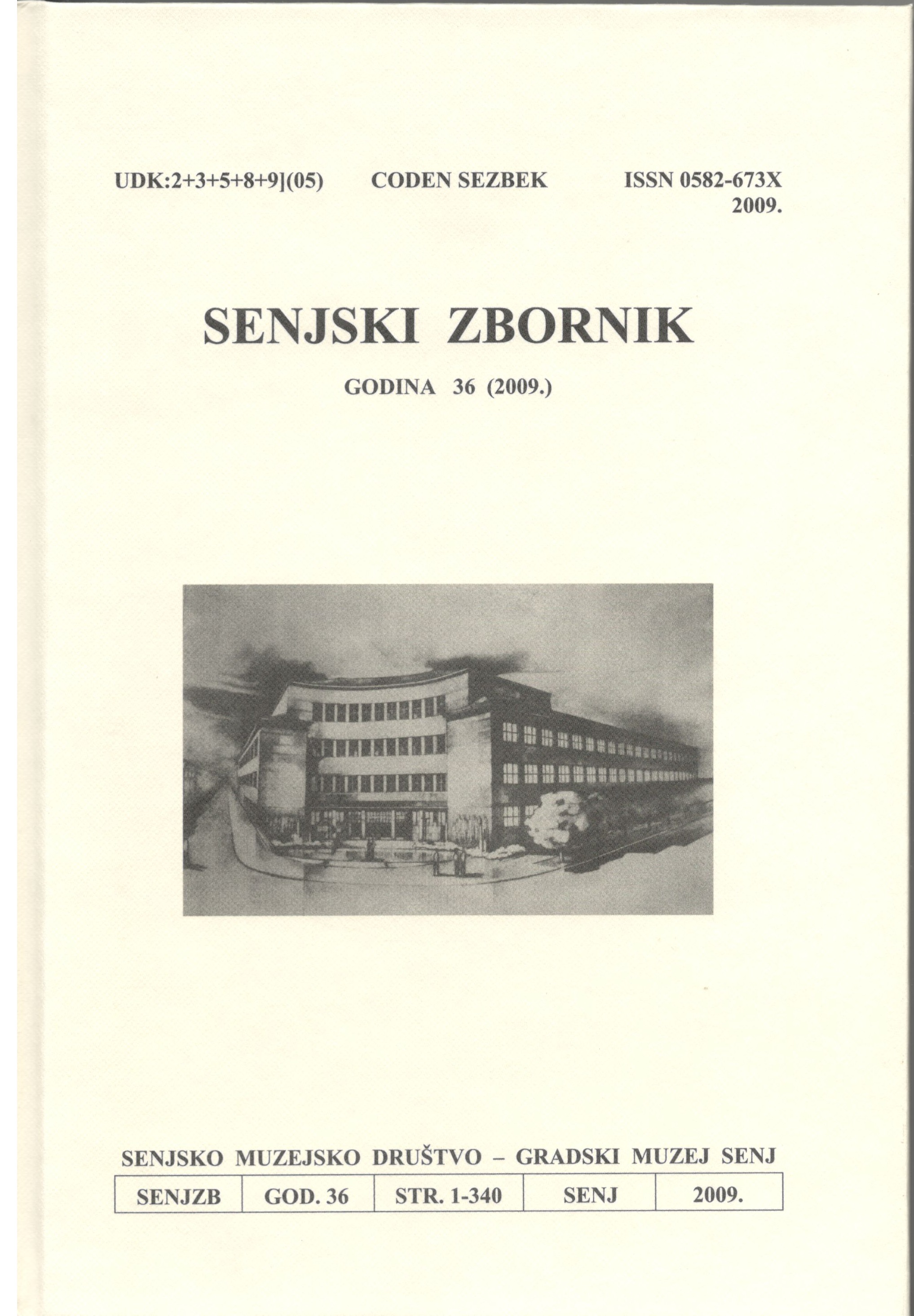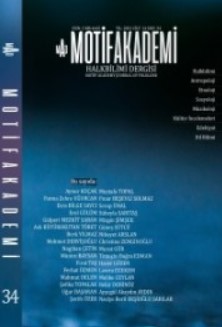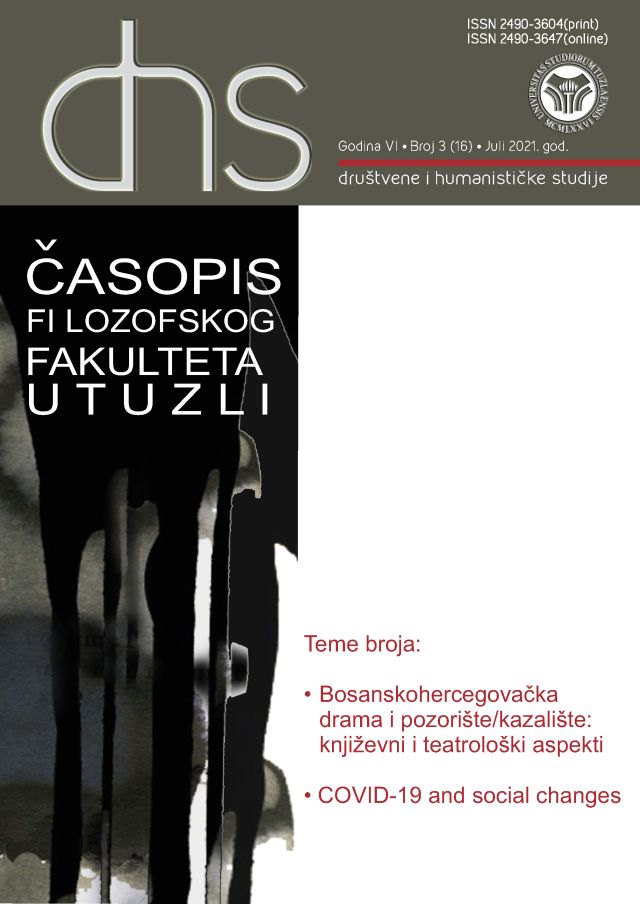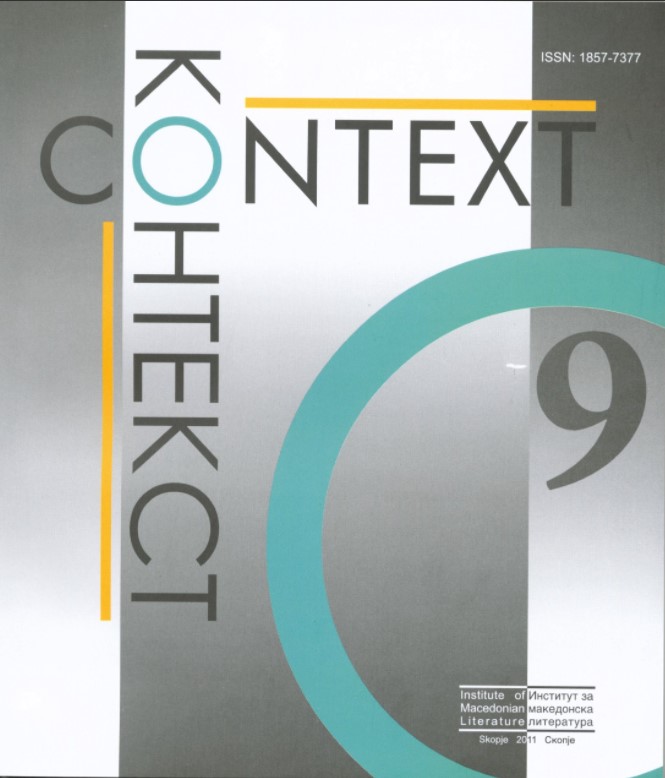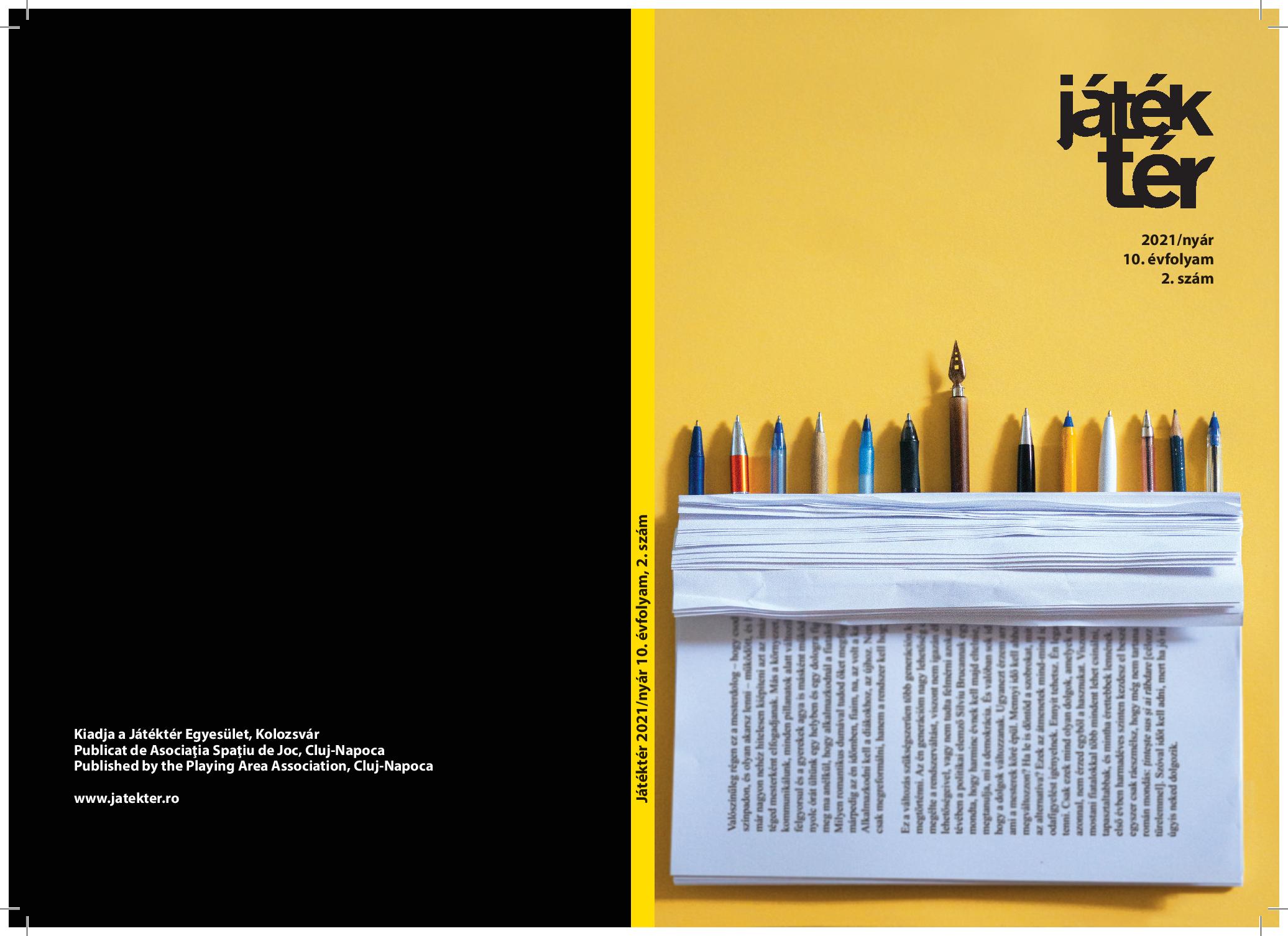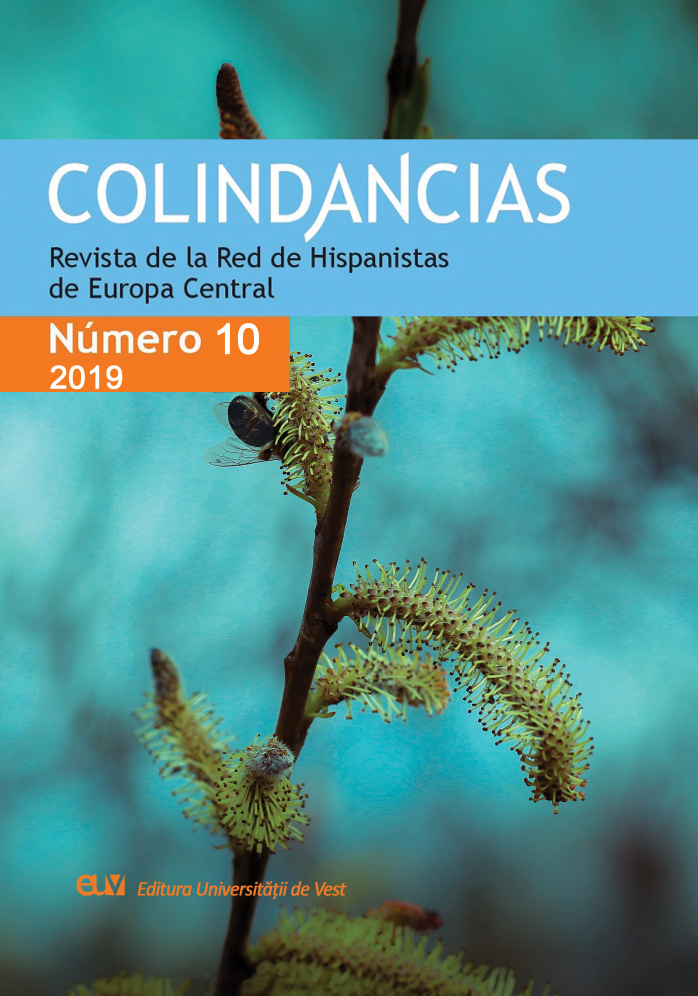
Historia, memoria y verdad en El jardín quemado de Juan Mayorga
Resumen: El jardín quemado (1996) de Juan Mayorga es una obra que forma parte del corpus del teatro de la memoria, tendencia determinante de la dramaturgia española actual. El objetivo del presente artículo es realizar unas breves reflexiones sobre el drama El jardín quemado que, según su autor, es su mejor obra, sin embargo, sigue sin estreno hasta nuestros días y así, lamentablemente,no pudo tener bastante resonancia. El motivo de eso es, tal vez, que esta pieza no pertenece al mainstream del llamado teatro de la memoria porque insinúa que la memoria puede tener efectos negativos y, a la vez, sugiere también que el precio de la desmemoria puede ser muy alto. El artículo analiza primero el comportamiento de los dos protagonistas que representan dos generaciones: Benet es el portavoz de la generación de la posmemoria, mientras que Garay pertenece a la generación de los testigos de la guerra civil española. El siguiente enfoque del análisis es el examen del espacio y tiempo dramáticos, utilizando la teoría de Foucault sobre las heterotopías y heterocronías. Visto que la estructura de la obra se parece a un rompecabezas, por último, quisiéramos llamar la atención sobre la dramaturgia del enigma. Asimismo, subrayamos que el mensaje más importante de esta obra de Mayorga es que la interpretación unilateral del pasado es peligrosa: ni el olvido intencionado ni la memoria forzada pueden resolver el problema, ya que ambas estrategias pueden distorsionar el pasado e impedir el acercamiento crítico hacia la verdad. Abstract: The Burned Garden (1996) by Juan Mayorga is a work that is part of the corpus of the theatre of memory, a determining trend of contemporary Spanish drama. The aim of this study is to present some reflections on the drama The Burned Garden, which, according to its author, is his best play, however, has not been staged until today, and thus, unfortunately, could not produce enough resonance yet. The reason for this might be that the drama does not belong to the mainstream of the so-called theatre of memory as it implies that memory can have negative effects, and, at the same time, also suggests that the price of the lack of memory can be very high. The article starts with the analysis of the two protagonists’ behaviour, who represent two generations: Benet is the spokesman for the generation of postmemory, while Garay belongs to the generation of witnesses of the Spanish Civil War. The next focus of the analysis is the examination of dramatic space and time, using Foucault’s theory of heterotopias and heterocronies. Since the structure of the work resembles a puzzle, finally, we would like to draw attention to the dramaturgy of the enigma. In conclusion, we emphasize that the most important message of Mayorga’s play is that the unilateral interpretation of the past is dangerous: neither intentional forgetfulness nor forced memory can solve the problem since both strategies can distort the past and impede the critical approach to truth.
More...
